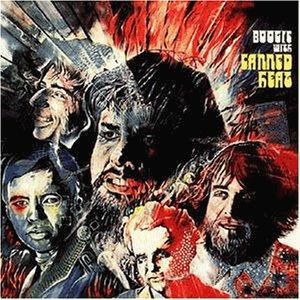
| Artist: | Canned Head |
| Title: | Boogie with Canned Head |
| Released: | 1968.02.01 |
| Label: | Liberty Records |
| Time: | 43:33 |
| Producer(s): | Larry Taylor |
| Appears with: | |
| Category: | Blues |
| Rating: | *********. (9/10) |
| Media type: | CD |
| Purchase date: | 2001.06.09 |
| Price in €: | 6,76 |
| Web address: | www.cannedheatmusic.com |